Values That Keep Farm Kids Safe
Making safety part of your everyday life conversations with your children can help them stay safe on your farm or ranch.
Editor’s Note: This article first appeared in during National Farm Safety Week in 2017. Even though Rodney Pierce’s sons are now 17 and 15, these life-saving farm safety values hold true today for anyone with young children on the farm.
From the time I was 6 or 8, I was helping my dad out on our family’s farm. We raised cattle and grew peanuts and wheat. My earliest jobs were helping my dad feed small square bales, hoeing peanuts and many other basic tasks related to operating a farm. Over time, I became more involved in every aspect of the operation. Now, I raise a few cows on a small place in Leon, Oklahoma, in addition to supervising equipment maintenance and repair at the Noble Research Institute.
Safety was something my dad hammered into me from an early age. I remember him pointing out different things on the farm, like a rotating PTO shaft on the tractor, and saying “That’ll kill you, son.” It’s a blunt statement, but there’s a lot on the farm – from equipment to animals – that could hurt an adult or child. Safety was part of our everyday life conversations; it was a mindset my dad learned from his dad. Now that I have children who help me on the farm, I am constantly thinking about keeping them safe and passing that safety mindset on to them.
In recognition of National Farm Safety and Health Week, I want to share with you some of the farm safety values passed down in my family.
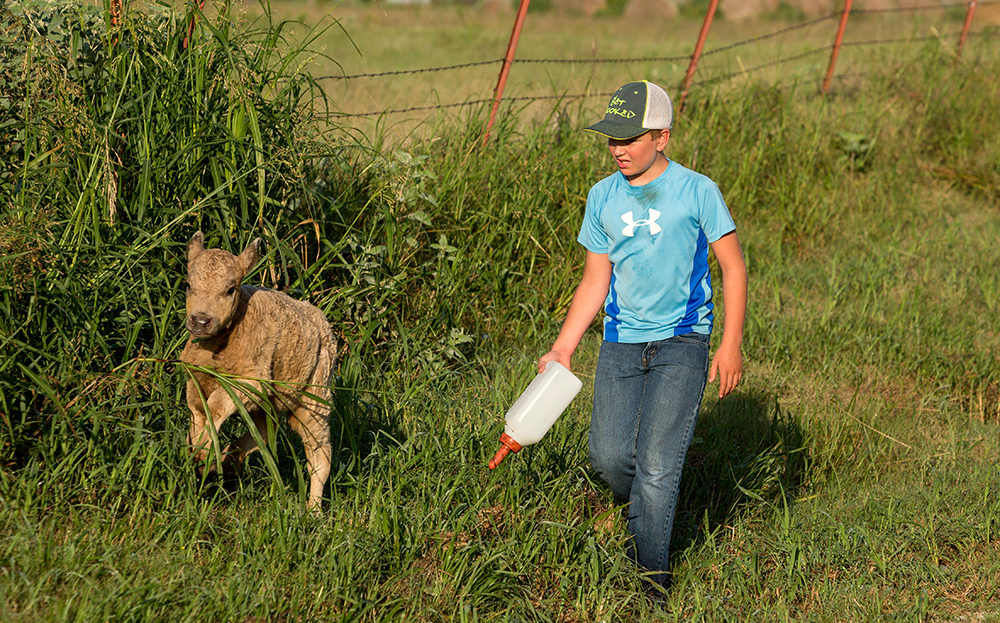
1. Respect livestock.
Animals’ size and weight can make them dangerous. It’s important to give animals their space and to be extra cautious with males and mothers with offspring. Dad also taught me the importance of “always having a way out,” in case an animal gets aggressive. That’s something I’ll teach my children as they get older and start working more closely with the cattle.
2. Respect equipment.
Know what equipment is designed to do, and don’t push it beyond those boundaries. This goes for both adults and children. As a grownup, it’s neat to put your child in the tractor with you. But if you don’t have a buddy seat, you shouldn’t have a passenger. Another piece of equipment commonly misused is a side-by-side utility ATV. I teach my children that these vehicles are pieces of equipment designed to help us work. They aren’t toys.
3. There’s a lot of equipment you don’t need to be close to if you’re not using it.
I tell my kids they should stay at least 60 feet away from me if I’m using the lawnmower or weed-eater. They know not to come up to me from behind. If they need to get my attention, they can get my attention from a distance.
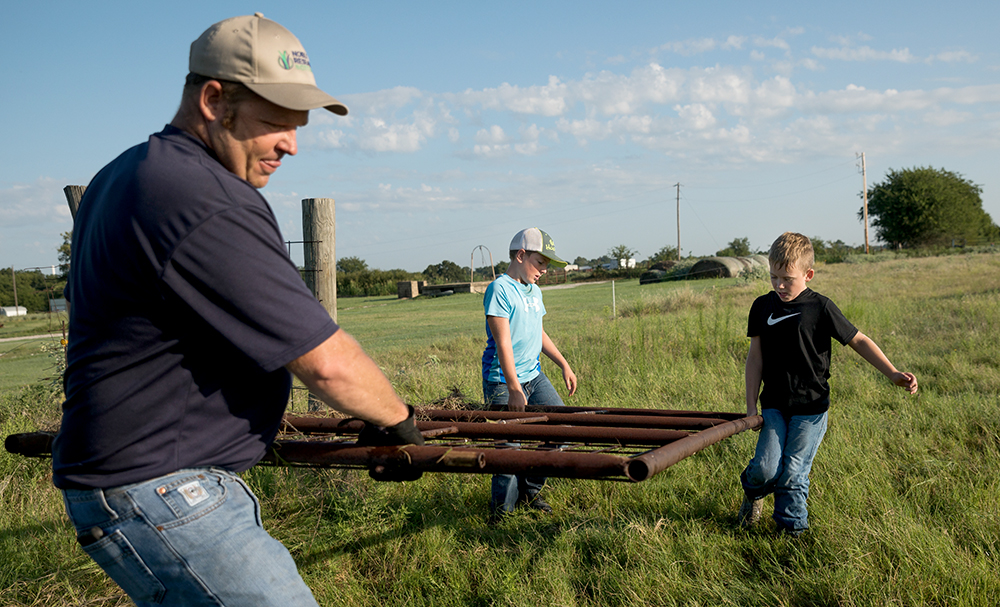
4. If you don’t know what something is, don’t mess with it.
This knocks out a lot of hazards. My dad always told me, “If I haven’t told you about it, it’s not your business.” I keep power tools and chemicals out of reach, when possible, but I also teach my children they shouldn’t touch things if they don’t know what they are or if they were told not to touch them. My dad’s refrigerator to this day has a shelf in it for cattle vaccines. He made sure we knew from a young age what that shelf was for and not to touch it.
5. If you can’t see my eyes, I can’t see you.
I watch for my kids constantly, but kids can come out from nowhere. If you’re in a tractor, it would be very easy to not see or hear them come to the field. That’s why I tell my kids to be sure I know if they’re in the field and that I see them. If they can’t see my eyes, then I can’t see them either.
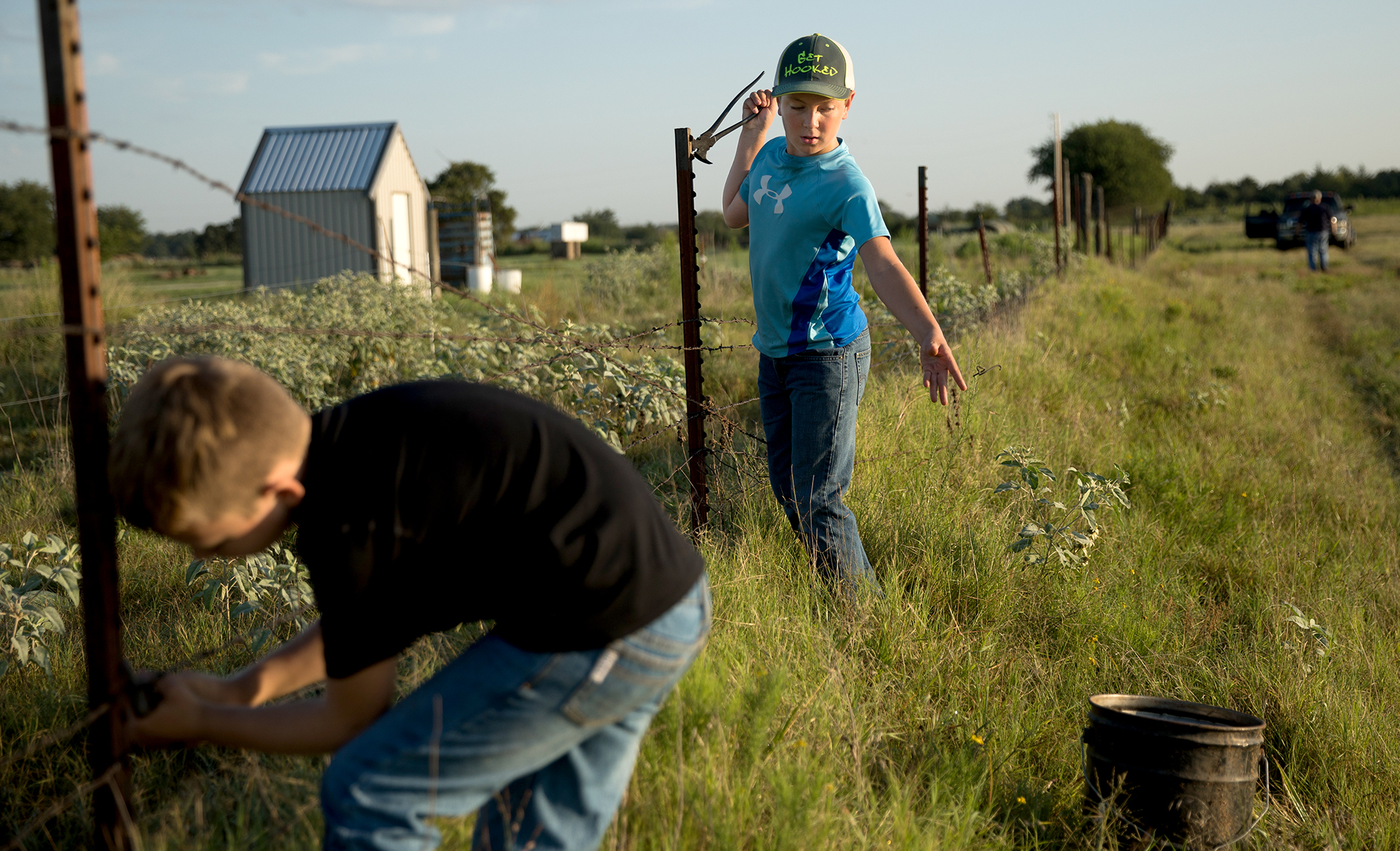
NATIONAL FARM SAFETY AND HEALTH WEEK is recognized Sept. 17-23, 2023. This year’s theme is “No One Can Take Your Place.” The annual awareness campaign is organized by the National Education Center for Agricultural Safety. Learn more at necasag.
SAFETY SHOULD BE PRIORITY WHEN ASSIGNING CHORES Limit risks to children on the farm by raising their awareness and knowledge of safety. Adults should also consider the child’s attention span, their ability to think fast, physical limitations and maturity level when assigning tasks.
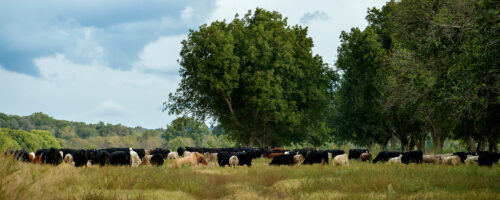
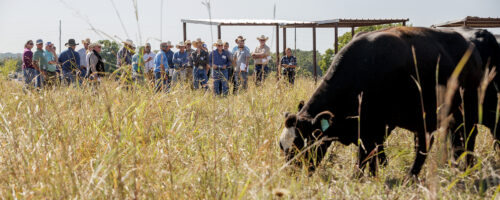
Comment
Leave a Reply
1 comment on: "Values That Keep Farm Kids Safe""
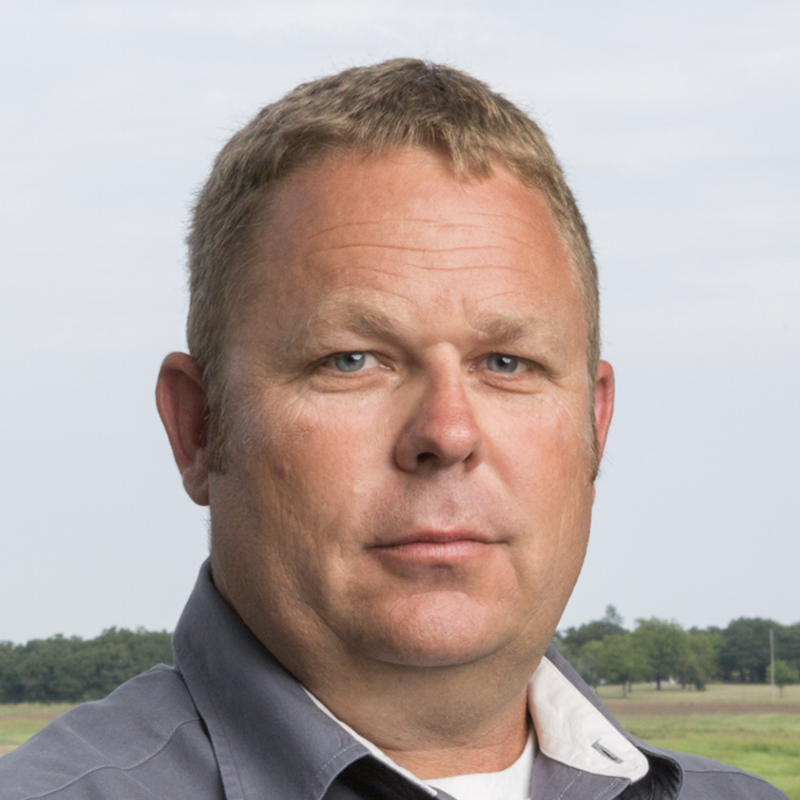
Joseph Herrera
September 20, 2023I took a farming course in 9th grade.
We were Future Farmers of America
Out teacher taught us the safe knowledge of Tractors and how to
use and drive them.
When towing with a tractor, You tow
From the front. Never tow from the rear.
Because of the large rear tires and high torque, the tractor can flip over and kill you. I have never forgotten!
I am now retired.
Thank you for your useful, informative articles.